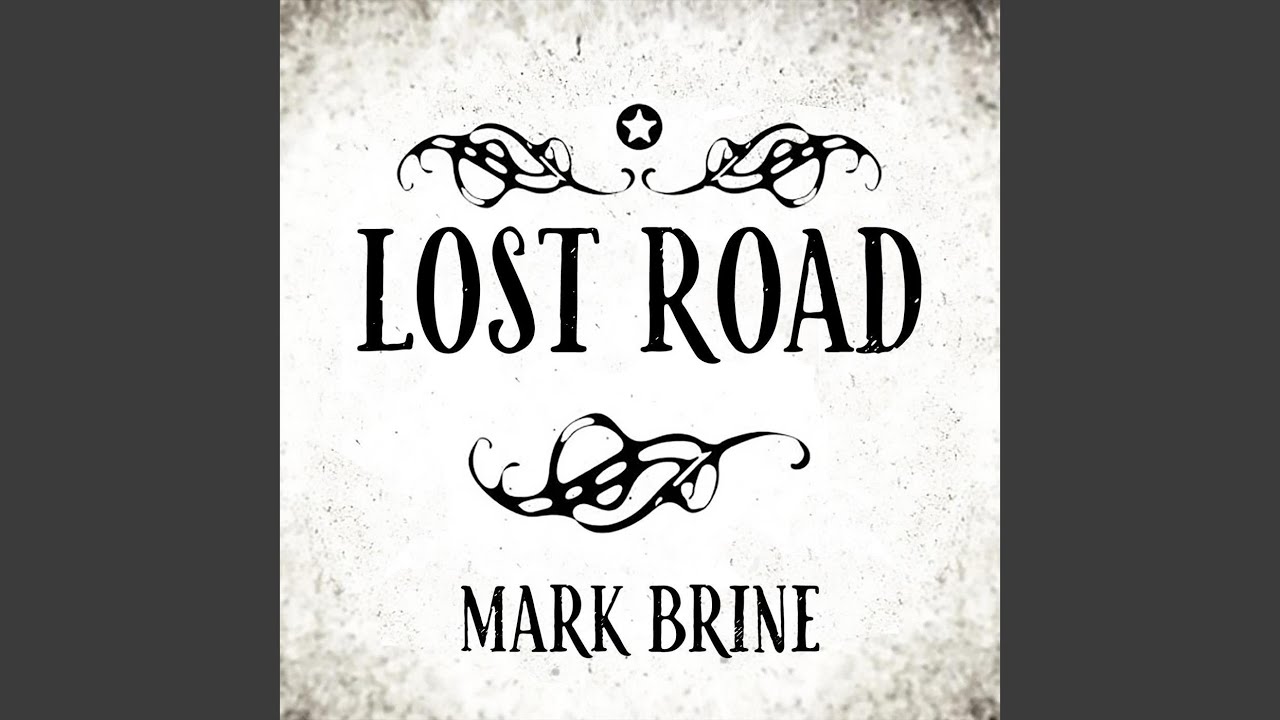Where the Folk Path Ends: Mark Brine’s ‘Lost Road’ Finds Beauty in the Detour
By Christian Lamitschka for Country Music News International Magazine
Artist Context
Mark Brine is a true American music anomaly, a singer-songwriter who successfully bridged the ’60s folk revival with the enduring spirit of traditional country and delta blues. Hailing from Cambridge, Massachusetts, Brine is not a native son of Nashville, yet his authenticity earned him a spot playing on the Grand Ole Opry with Hank Snow’s band. He is often compared to musical titans like Jimmie Rodgers (the “Singing Brakeman”) due to his signature, roots-deep yodel, and the narrative complexity of Woody Guthrie and Lyle Lovett. Brine proudly rejects the modern country label, positioning his vast discography—spanning over 20 albums—as a genuine expression of Americana: a blend of blues, folk, and the raw, unadorned sounds that predate commercial polish. His music is a precious artifact of “lost country,” focusing on the enduring, unchanging verities of the American working life.
Single Review: Lost Road
Mark Brine’s “Lost Road” is a masterclass in plainspoken heartbreak, delivered with the kind of musical sincerity that time cannot fade. The title itself suggests a classic Americana archetype: the wanderer, the man at a crossroads, or the painful realization of a life steered off course.
The song’s strength lies entirely in its traditionalism. The production is sparse and reverent, sounding as if it were recorded live in a quiet, wooden room. The instrumentation centers on Brine’s acoustic guitar, which provides a steady, humble rhythm, allowing the story to remain paramount. This is music built on foundational integrity—no glossy overlays or synthetic elements—just raw musicality.
Brine’s vocal performance is the emotional anchor. His voice, often described as tender yet unsteady, delivers the lyrics with a lived-in quality. When he sings of being on the “Lost Road,” the listener hears the dust on the tires, the weight of regret, and the slow, reluctant acceptance of destiny. The subtle, blues-inflected guitar work acts as a mournful echo to the lyrics, especially in the turnarounds, giving the track a deep, smoky undertone that hints at Muddy Waters just as much as Hank Williams.
Lyrically, “Lost Road” is a narrative of introspection. It succeeds by avoiding grand metaphors, instead using clear, direct language to address complex feelings of isolation and searching. It is a vital, honest track that captures the enduring essence of the blues-folk tradition, reminding the listener that the most profound American stories are often found on the least-traveled asphalt. It doesn’t aim for radio play; it aims for the soul.
Verdict: A beautifully authentic piece of Americana, steeped in the sound of the ’40s and ’50s.
